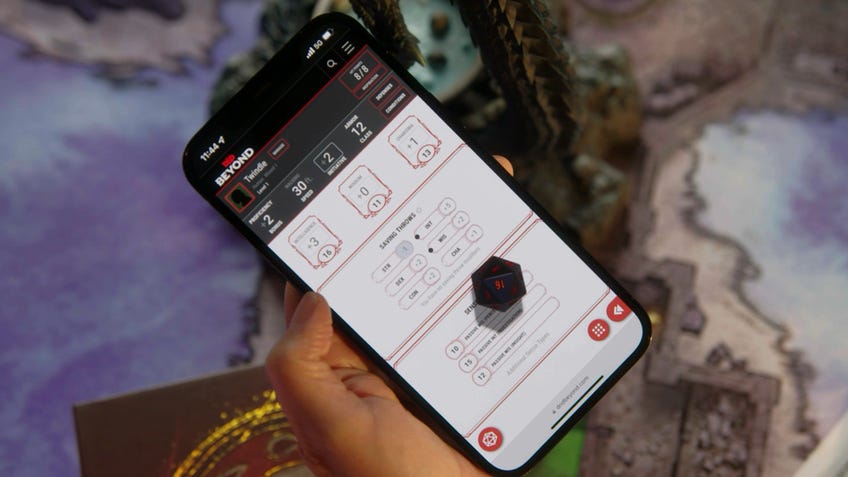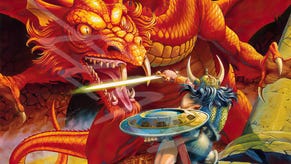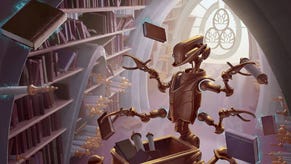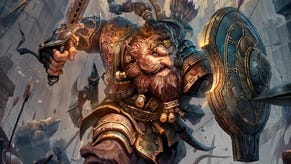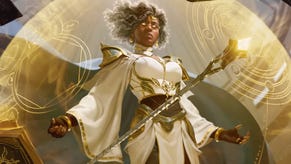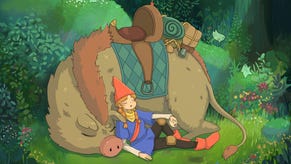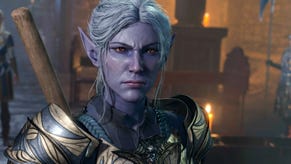D&D maker Wizards of the Coast and its RPG rivals are starting to look like Apple and Amazon
Tech executives are multi-classing into tabletop gaming.
Million-dollar acquisitions. Apps that copy up-and-coming competitors’ best features. Subscription models that cut out brick-and-mortar shops.
No, I’m not talking about Big Tech firms like Apple and Amazon. I’m talking about tabletop RPG companies like D&D giant Wizards of the Coast, Pathfinder maker Paizo and online roleplaying specialist Roll20.
The tabletop industry is obsessed with growth right now, and it only makes sense that it would employ tech companies’ strategies. After all, some of its most successful executives come from Silicon Valley.
Just last week, Hasbro appointed a new senior vice president of Dungeons & Dragons: Dan Rawson, who leaves his position as a chief officer at Microsoft. Back in February, Hasbro announced Cynthia Williams would become the company’s new president of the Wizards of the Coast and Digital Gaming division. Williams was previously an Xbox Gaming executive, also at Microsoft; before that, she spent 10 years at Amazon on direct-to-consumer business. Later that month, Roll20 brought on a new CEO: Ankit Lal, who came from Google as a product lead for its business apps.
It was only another two months until Wizards of the Coast bought digital toolkit D&D Beyond from Fandom for $146.3 million (£126.1m).
That might sound like a lot of money to spend on bringing pen-and-paper RPGs to the internet, especially when many gamers might not have even realized that the digital ruleset and gameplay tools on D&D Beyond were ever not owned by Wizards of the Coast. But that figure pales in comparison to the $3.8 billion (£3.3bn) that Hasbro spent a few years ago to acquire production company Entertainment One, which produces kids’ media like Peppa Pig but now also makes films like Honor Among Thieves, the upcoming Dungeons & Dragons movie.
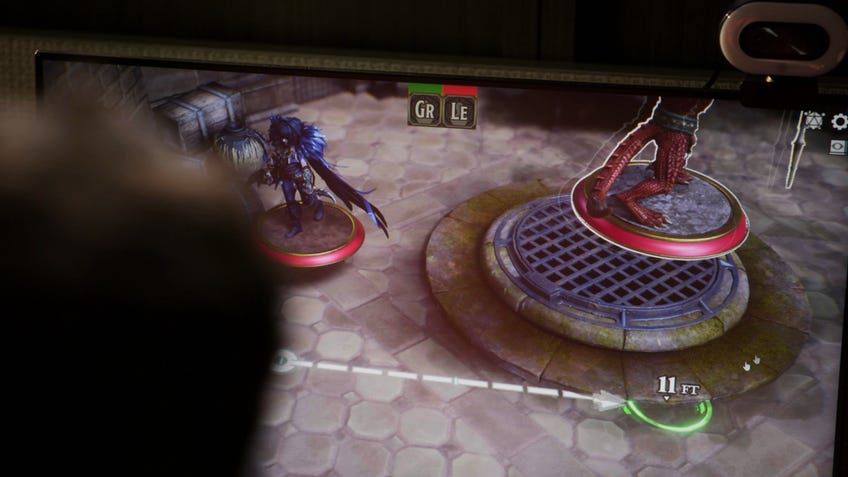
This strategy of mergers and acquisitions comes right out of Big Tech. US antitrust regulation was designed to prevent a company from acquiring a monopoly in one industry, but the laws haven’t caught up with businesses pursuing “vertical integration” across many industries.
Like Amazon's widespread reach, Hasbro wants control over every aspect of Dungeons & Dragons.
When we buy stuff from Amazon, drivers in Amazon uniforms bring them to us in Amazon-branded trucks. Amazon Web Services is the backbone of the internet, and we stream shows like Rings of Power on Amazon Prime. What business Amazon doesn’t build, it buys - like Whole Foods for groceries and One Medical for providing health care.
In this same way, Hasbro wants control over every aspect of Dungeons & Dragons: the virtual places we play it, the distribution of its books and the kind of homebrew content people make. It’s a call-to-arms for every company in the tabletop industry.

Roll20 boasts around 10 million users on its rules-agnostic virtual tabletop platform, but it appears to be threatened by the news that Wizards of the Coast is developing its own virtual tabletop. That could be why Roll20 and OneBookShelf recently announced a merger. Soon, the biggest virtual tabletop and the biggest marketplace for tabletop RPG books and PDFs will be under one roof.
D&D Beyond also has “close to 10 million registered users”, but there’s an easy explanation for why Roll20 might not have been worth Wizards’ while. It’s unclear how much Roll20 is worth today, but the company’s last Orr Report suggests that only 55% of its games use the fifth edition of Dungeons & Dragons as their ruleset. That’d be an expensive acquisition only for Wizards of the Coast to throw away half the user base. At the same time, Wizards doesn’t want to cut off Roll20 completely or it’d be throwing away millions of dollars a year in digital book sales.
It seems that Wizards thinks it can coax Roll20 users to its side by building a better virtual tabletop. One with three dimensions.
The major tech companies’ size and scale have made it all but impossible for tech startups to unseat them. The tabletop industry isn’t quite there yet, but it’s on its way.
Soon, the biggest virtual tabletop and the biggest marketplace for TRPG books and PDFs will be under one roof.
One company carving out a niche for itself is Demiplane. Just as Fandom created D&D Beyond, Demiplane created Nexus, a digital toolset for Pathfinder, Vampire: The Masquerade, the upcoming Marvel Multiverse RPG and several games published by Free League. When a company isn’t exclusive to D&D, it often must take on the added complexity of supporting many rulesets with smaller player bases if it hopes to grow.
But not every company makes it. One casualty of the Roll20/DriveThruRPG merger was Astral, a small freemium virtual tabletop. When its founder and CEO left the company last year, DriveThruRPG stepped in to provide a controlled descent. With Roll20 making it redundant, Astral finally closed down in August.
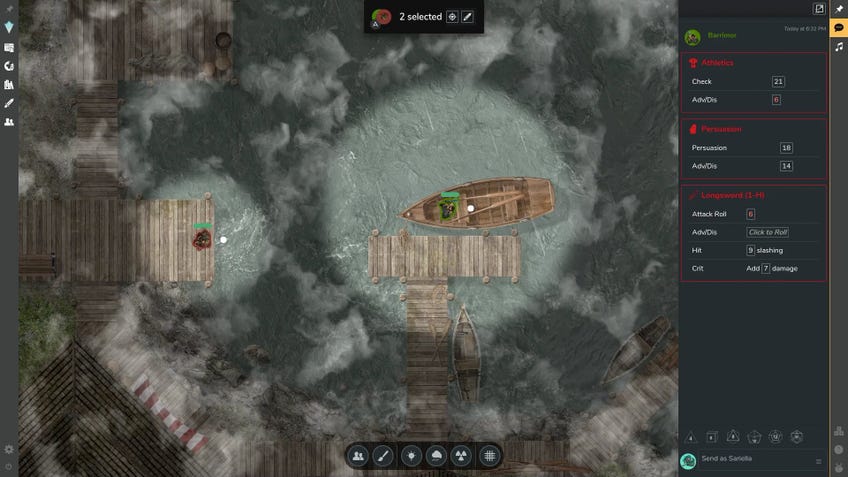
These sea changes to the industry should raise the hackles of friendly local gaming stores.
For the first time ever, Wizards of the Coast is bundling a physical copy of a D&D book with a digital copy available through D&D Beyond… but you can only order it directly from Wizards. That’s on top of the digitisation of Magic: The Gathering Arena that already concerns some brick-and-mortar stores.
It’s an eerie mirror to Amazon’s start as a bookseller that ultimately put even massive bookstores like Borders out of business. Surprisingly, D&D is playing catch-up with Pathfinder here: Paizo’s been doing direct-to-consumer subscriptions for printed books for a while, albeit with a somewhat complicated model.
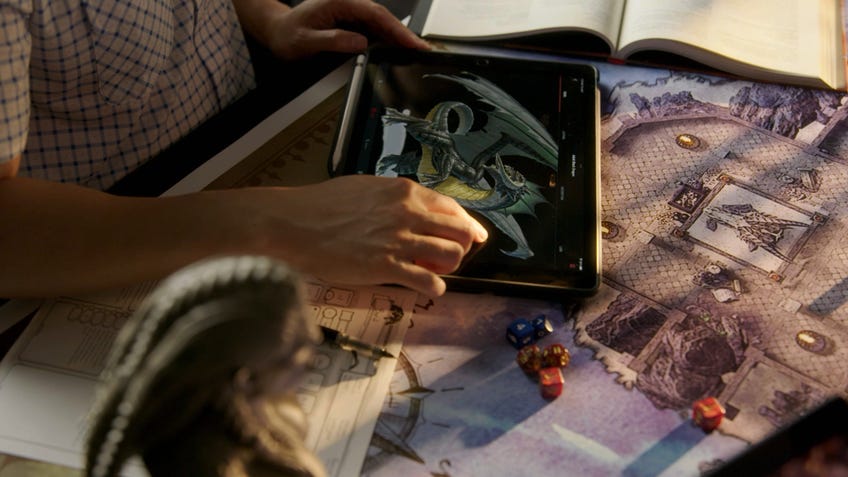
Perhaps the biggest question among small creators right now is over the Dungeon Masters Guild, a third-party marketplace where creators can incorporate Wizards’ intellectual property as long as they follow certain rules. But the DMs Guild is an agreement between Wizards of the Coast and OneBookShelf. After OBS’ merger with Roll20, it allowed creators to adapt adventures to its virtual tabletop.
But what’s the future of the DMs Guild? Will Wizards renegotiate its contract with OneBookShelf? Let it expire? How long will small creators have to wonder how these million-dollar decisions affect their livelihood?
As Wizards creates more ways to keep new users in its technological walled garden, the pens and papers of old might become the new weapons of indie RPG creators trying to fight back.
